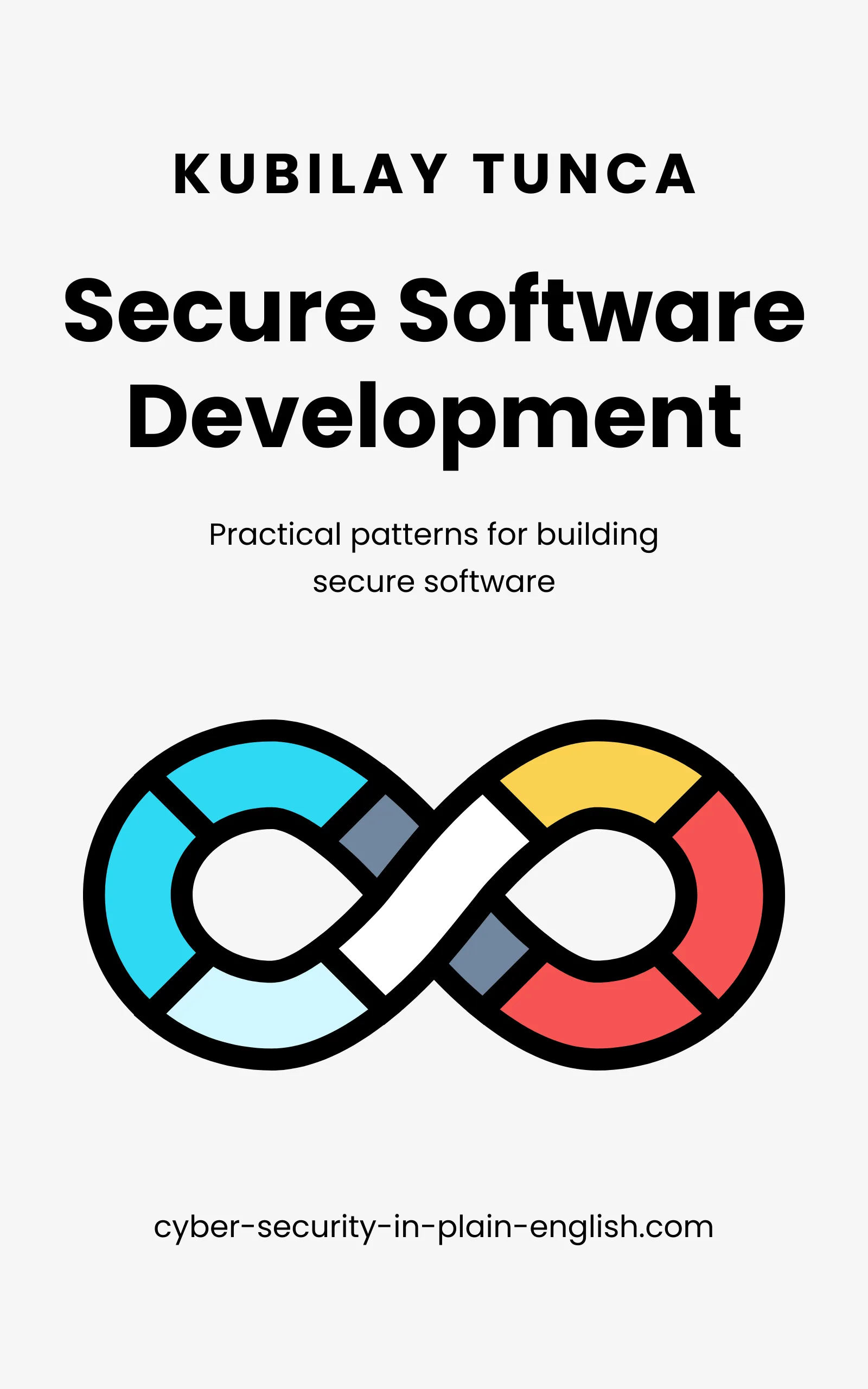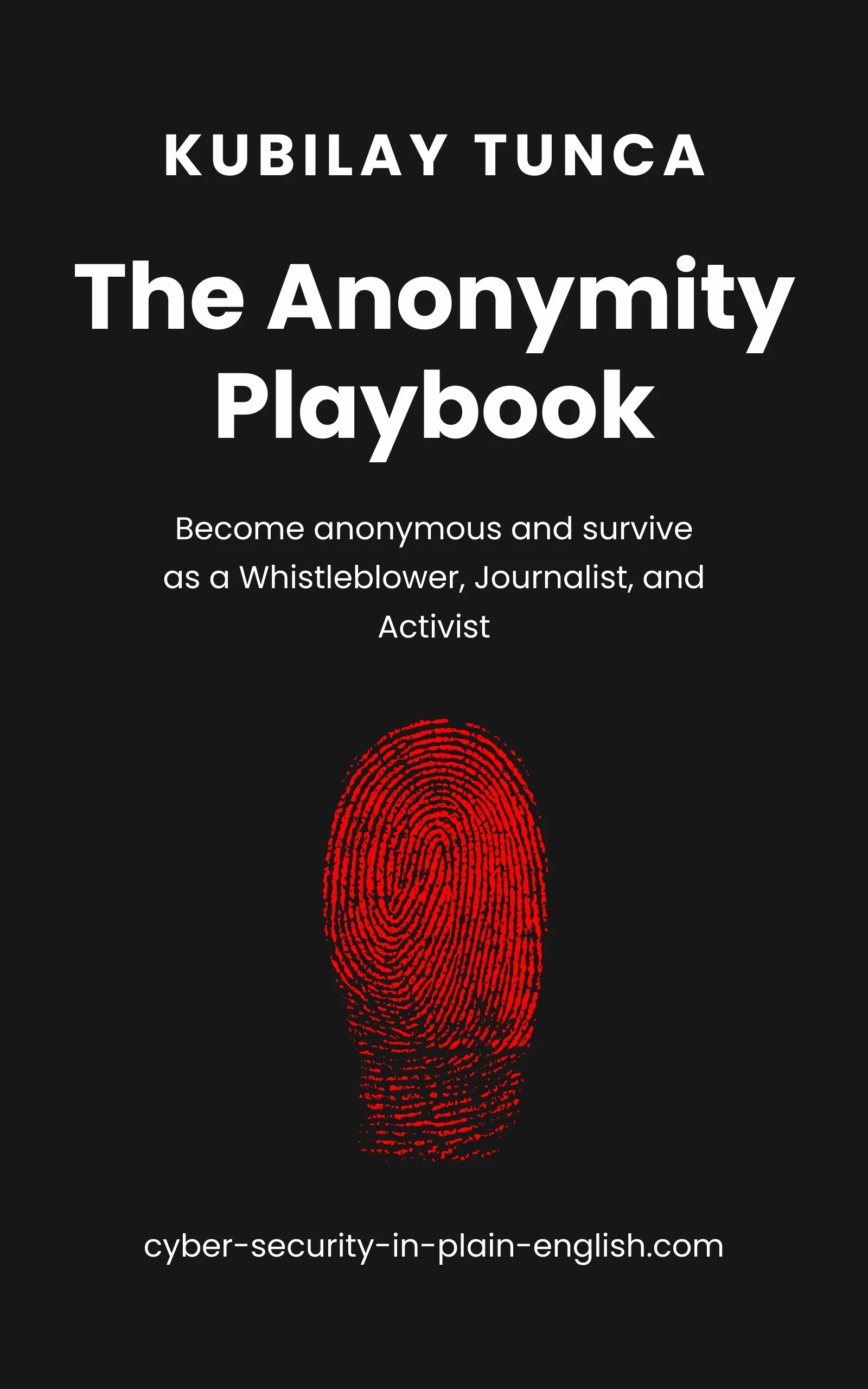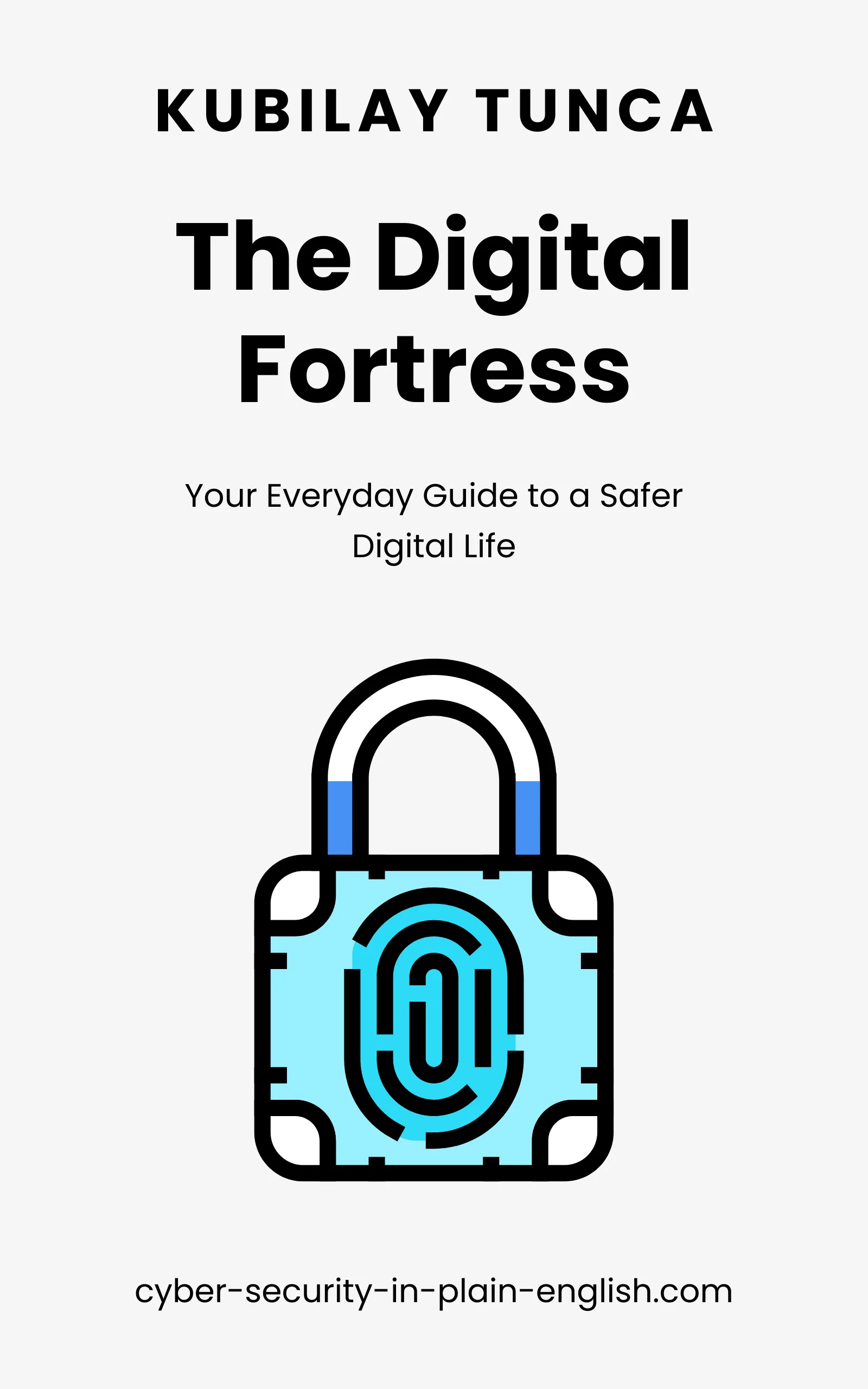Published
- 5 min read
How VPNs Work and Why You Should Use One for Privacy

How to Write, Ship, and Maintain Code Without Shipping Vulnerabilities
A hands-on security guide for developers and IT professionals who ship real software. Build, deploy, and maintain secure systems without slowing down or drowning in theory.
Buy the book now
Practical Digital Survival for Whistleblowers, Journalists, and Activists
A practical guide to digital anonymity for people who can’t afford to be identified. Designed for whistleblowers, journalists, and activists operating under real-world risk.
Buy the book now
The Digital Fortress: How to Stay Safe Online
A simple, no-jargon guide to protecting your digital life from everyday threats. Learn how to secure your accounts, devices, and privacy with practical steps anyone can follow.
Buy the book nowHow VPNs Work and Why You Should Use One for Privacy
Introduction
A Virtual Private Network (VPN) is a powerful tool for online privacy, widely used by individuals and organizations alike to secure internet connections and protect sensitive data. VPNs can keep your browsing private, protect against tracking, and help you access content securely. This article explains how VPNs work and why they’re essential for maintaining privacy and security online.
What is a VPN and How Does It Work?
A VPN creates a secure, encrypted tunnel between your device and a remote server operated by the VPN provider. When you connect to the internet through a VPN, your data is routed through this encrypted tunnel before reaching its destination. This process hides your IP address and masks your location, making it harder for third parties to track your online activity.
Here’s a breakdown of how VPNs achieve privacy:
- IP Masking: VPNs replace your IP address with the IP address of the VPN server, hiding your real location.
- Encryption: VPNs encrypt your internet traffic, scrambling your data so that anyone intercepting it cannot read it.
- Secure Tunneling Protocols: VPNs use protocols like OpenVPN, WireGuard, or IKEv2/IPsec to securely transfer data between your device and the server.
Why You Should Use a VPN for Privacy
VPNs offer several critical benefits for privacy and security:
1. Protecting Your Data on Public Wi-Fi
Public Wi-Fi networks, such as those in cafes or airports, are often unsecured, making them vulnerable to data interception. By using a VPN, you encrypt your connection, ensuring that no one on the network can access your data. This is particularly important for activities like online banking or checking your email on public networks.
Why It’s Important: A VPN encrypts your data on open networks, reducing the risk of eavesdropping and data theft.
2. Hiding Your Browsing Activity from ISPs
Your Internet Service Provider (ISP) can see everything you do online. In some cases, ISPs sell browsing data to advertisers, or they may throttle bandwidth for certain activities, like streaming. By using a VPN, you prevent your ISP from tracking your online activity, as all they can see is an encrypted connection to the VPN server.
Why It’s Important: VPNs protect your browsing history from ISPs, providing more control over your data and reducing targeted advertising.
3. Bypassing Geo-Restrictions
Certain content, like streaming services or websites, may be restricted based on your geographic location. VPNs allow you to connect to servers in different regions, making it appear as if you’re browsing from another location. This helps you access region-locked content from anywhere.
Why It’s Important: VPNs offer greater freedom to access content that may be restricted by location, giving you more choices online.
4. Enhancing Privacy for Remote Work
With remote work becoming more common, using a VPN is essential for securing work-related data and communications. VPNs protect sensitive information, such as company emails or shared files, ensuring that data remains confidential.
Why It’s Important: VPNs provide a secure environment for remote workers, helping to maintain data privacy even outside the office.
How VPN Encryption Works
VPNs use encryption to secure your data. Here’s a simple breakdown of how this process works:
- Encryption Algorithms: Most VPNs use AES-256 encryption, a strong standard that makes it virtually impossible for anyone to decrypt your data without the correct key.
- Tunneling Protocols: VPNs rely on protocols like OpenVPN, IKEv2/IPsec, and WireGuard to securely transmit data. Each protocol has its strengths, with OpenVPN known for reliability and WireGuard for speed.
- Decryption: When your data reaches the VPN server, it’s decrypted and sent to its final destination. This process is reversed when data returns to your device, maintaining security at all times.
By encrypting data, VPNs prevent third parties, including ISPs and hackers, from viewing your online activity.
Common VPN Protocols
VPNs use a variety of protocols to create secure connections. Here are some of the most common ones:
- OpenVPN: Known for its balance of security and performance, OpenVPN is one of the most popular protocols.
- WireGuard: A newer protocol that offers faster speeds with strong encryption. Many VPN providers are adopting WireGuard for its efficiency.
- IKEv2/IPsec: Often used on mobile devices, this protocol is fast and reconnects easily if the connection drops.
Each protocol has specific strengths, so you can choose one based on your priorities, whether it’s speed, security, or compatibility with different devices.
Key Features to Look for in a VPN for Privacy
When choosing a VPN for privacy, look for these essential features:
- No-Logs Policy: A no-logs policy means the VPN provider doesn’t store your data, ensuring that no record of your activity exists.
- Kill Switch: If the VPN connection drops, a kill switch automatically disconnects your internet to prevent data leaks.
- DNS Leak Protection: This feature ensures that DNS requests are routed through the VPN, preventing your ISP from seeing which websites you visit.
- Multi-Hop Connections: Some VPNs offer multi-hop, or double VPN, which routes traffic through multiple servers, adding an extra layer of privacy.
Common Misconceptions About VPNs
There are a few myths about VPNs worth addressing:
- “VPNs Make You Fully Anonymous.” VPNs improve privacy but don’t make you completely anonymous. To achieve more anonymity, use additional tools like Tor with a VPN.
- “Free VPNs are as Good as Paid Ones.” Free VPNs often lack essential privacy features and may log or sell your data. Paid VPNs provide better security and privacy.
- “VPNs are Only for Tech Experts.” Most VPNs are easy to use and require minimal technical knowledge. They’re accessible to anyone interested in privacy.
Conclusion
VPNs are essential tools for maintaining privacy, protecting your data, and accessing a more open internet. By encrypting your connection and masking your IP address, VPNs reduce tracking and protect you from unauthorized access. Understanding how VPNs work and what features to look for can help you make an informed decision, ensuring that your online activities remain private.
Whether you’re protecting data on public Wi-Fi, bypassing geo-restrictions, or simply seeking a more secure browsing experience, a VPN is a valuable addition to your digital privacy toolkit.